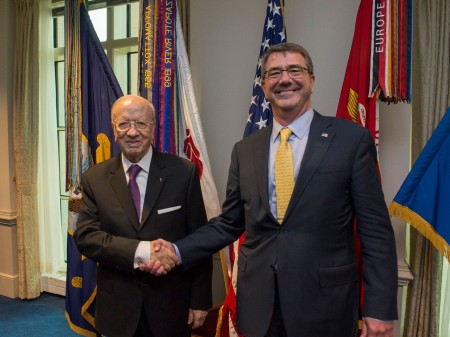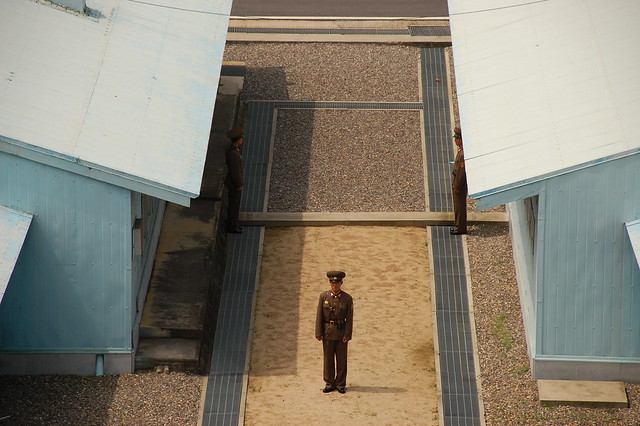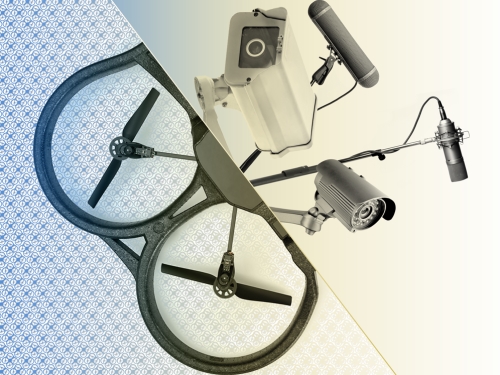
Tunisia’s transition process remains one of the few bright spots of the Arab Spring. While the transitions initiated in Egypt, Libya and Yemen have experienced numerous setbacks and repeated outbursts of violence, if not outright civil war, Tunisia appears to be well on its way to securing a genuine democratic space for itself. This view is shared, for example, by the latest Freedom in the World Report, which ranks Tunisia as the first ‘free’ country in North Africa since Freedom House began its worldwide assessments of political rights and civil liberties in 1972.
Although there is a fast-growing body of research that attempts to explain Tunisia’s comparatively smooth democratic transition, the Western media has not been as upbeat. Most analysts have focused on the challenges Tunisia faces, including the instability being generated by neighboring Libya and the broader Middle East and North Africa (MENA) region. As a result, other important aspects of Tunisia’s external relations, particularly those that have had positive implications for its transition, have gone unnoticed.
Most importantly, Tunisia’s new political order appears to have benefitted substantially from the staunch support of those external actors who have the most leverage over the country. In contrast, those with a more critical attitude towards the transition have largely lacked the ability to influence the trajectory of the transition in less positive ways. These circumstances are far from accidental, by the way. They’re the consequence of the country’s history.


